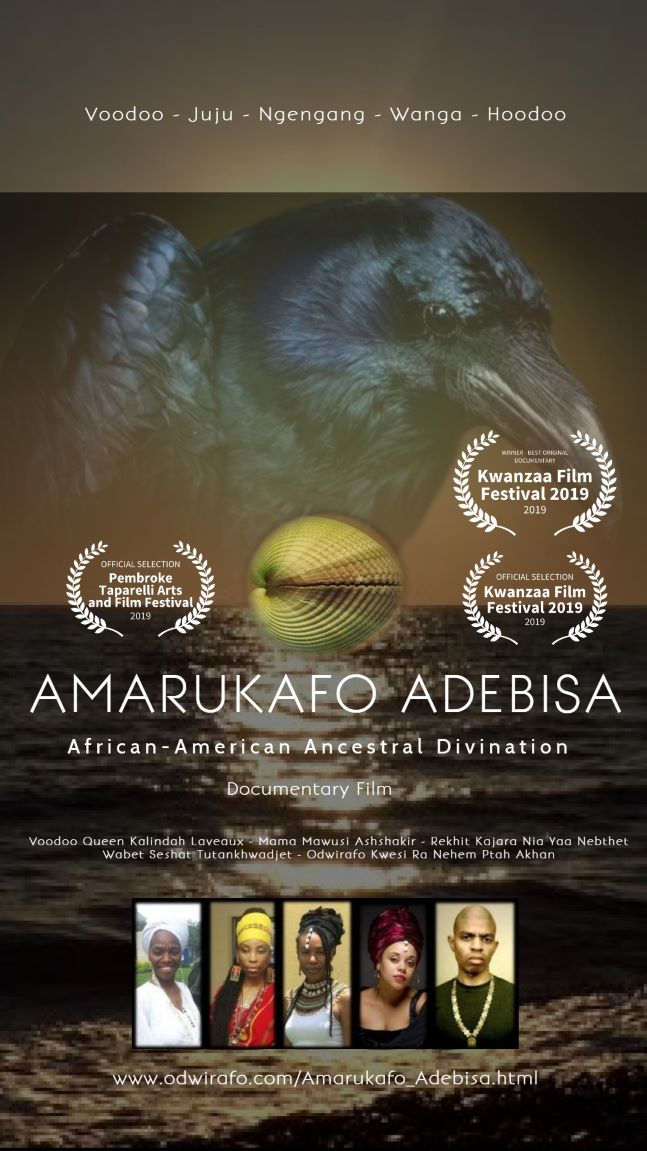
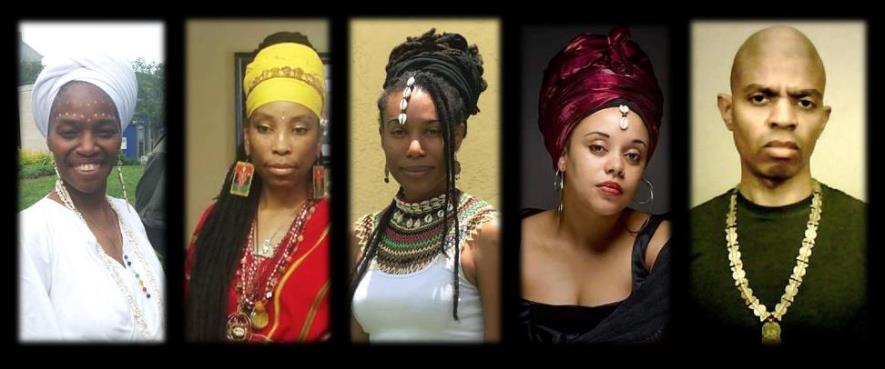
***Film Screenings and Panel Discussions in Multiple Cities - Purchase Tickets and also the DVD Below: ***
AMARUKAFO ADEBISA: African-American Ancestral Divination Film Screening Tickets and DVD
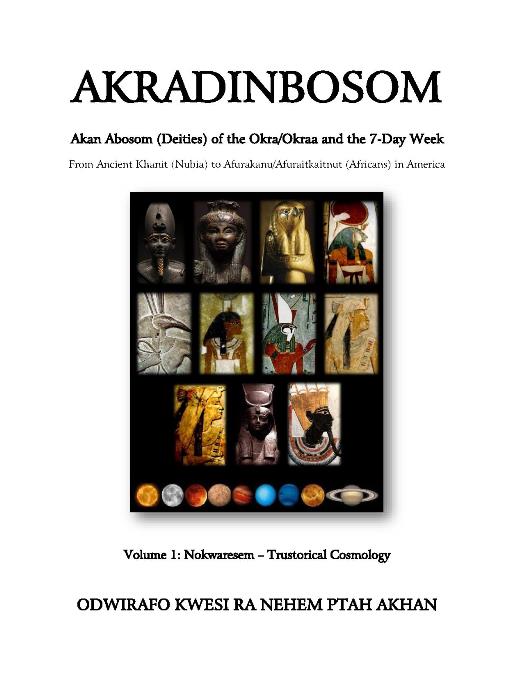
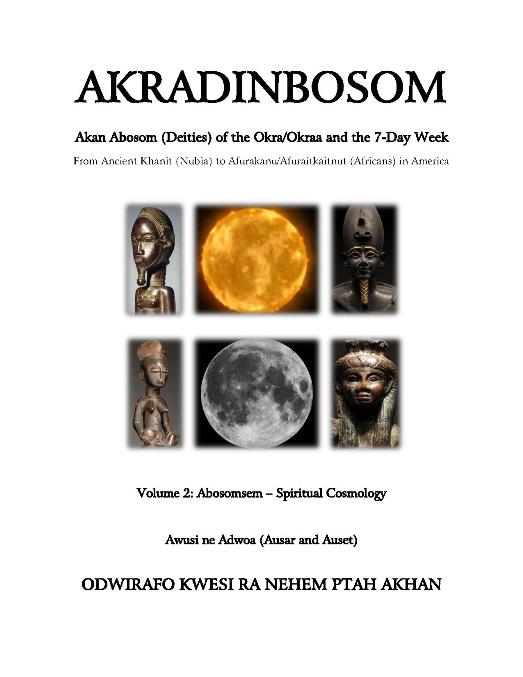
New Book Releases - Click on images above
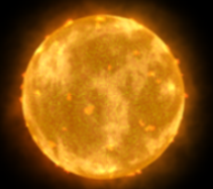
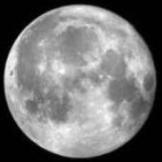
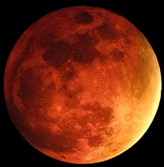
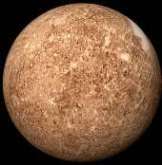
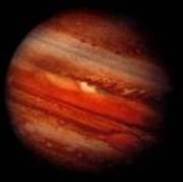
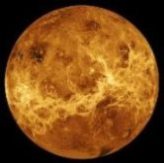
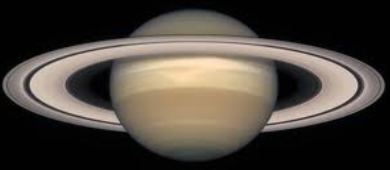
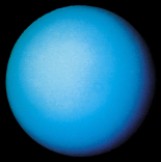
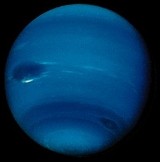
AKRADINBOSOM
(ah-krah'-deen boh'-sohm) in Akan culture are the Abosom Whom govern the solar, lunar and planetary bodies that govern the 7-day Akan week or nnawotwe. It is from the Akradinbosom (Akradin Abosom) that Akan people derive our akradin or souls'-names which are also called dadin (dah-deen') or day-names. The Abosom (singular: Obosom) are the Deities, the Goddesses and Gods, the Divine Spirit-Forces in Creation. They are referred to as Nyamewaa-Nyame Mma, the Children of Nyamewaa and Nyame, the Great Mother and Great Father (Goddess/God). Nyamewaa and Nyame, called Amenet and Amen in ancient Khanit and Kamit (ancient Nubia and Egypt), function Together as One Divine Unit--- The Supreme Being.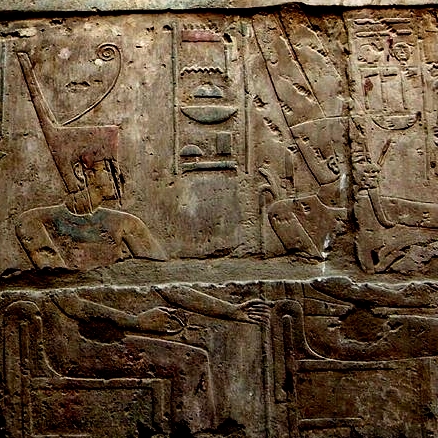
Amenet and Amen from the Temple of Apet Resit in ancient Kamit
Nyamewaa and Nyame [Ny-Amen-waa and Ny-Ame(n)] in Akan culture
The Abosom are the Asunsum, the Spirits, operating through the many Suns, Moons, Stars, Planetary bodies, Oceans, Rivers, Mountains, Wind, Fire and the Black Substance of Space comprising Abode (ah-baw-deh') or Creation. They are the Divine "Organs" regulating Order within the Great Divine "Body" of Nyamewaa-Nyame just as your organs (smaller bodies) regulate Order within the greater body-you. The Akradinbosom are a particular grouping of Abosom identified by Their unique functions within the greater company of Abosom.
The first two books in our AKRADINBOSOM book-series as well as eleven articles detailing the nature and function of each of the eleven Akradinbosom can be found on this page below. Also below are eleven videos from our AKANFO NANASOM internet tv broadcast from 13013 (2013) and eleven videos from our blogtalkradio broadcast AKANFO NANASOM from 13014-15 (2014-15) detailing the nature and function of each of the eleven Akradinbosom and an additional video detailing the nature and function of Asaase Afua and Asaase Yaa - Earth Mother Abosom. An in-depth analysis of the articles is given in the videos along with additional information.
Before reading the books and articles and viewing the videos, see the information below addressing some foundational information regarding the Akradinbosom.
From our NANASOM page:
"...Before birth, Nyamewaa-Nyame gives each and every Afurakani/Afuraitkaitnit (African) individual an nkra/nkrabea, a Divine function, to execute within Creation, just as each cell in the body is created and designed to execute a specific function in order to serve the body as a whole. The only way for us to fulfill our nkra/nkrabea, the only way to execute our Divinely alloted function (so-called "destiny") in Creation, is to incorporate the laws undergirding that function into our consciousness and to restore balance through re-alignment when we find that we have stepped outside of our alloted role. We must establish and perpetuate Order in our daily functioning through incorporation and we must eradicate disorder through restoration. This can only be realized through a proper understanding of our interdependent relationship with the Abosom and Nananom Nsamanfo..."
For Akan people the akradin (soul-names): Kwesi, Akosua, Kwadwo, Adwoa, Kwabena, Abenaa, Kweku, Akua, Yaw, Yaa, Aaba, Kofi, Afua, Kwame, Amma and their many variations, are directly related to our nkra/nkrabea for they are given to our Akra (souls) by the Akradinbosom. The Okraa or Okra (aw-kra'-ah or aw-krah' - female/male spellings) is the Soul/Divine Consciousness. It is a drop from the Ocean of Divine Consciousness which is the Okraa/Okra, the Soul/Divine Consciousness or Intelligence of Nyamewaa-Nyame. The Okra/Okraa is an Obosom, a Deity, which is assigned to the Afurakani/Afuraitkaitnit (African) indivdiual by Nyamewaa-Nyame and dwells within the head region. The ability of Akan people to embrace and execute our nkra/nkrabea, our Divine function in the world, is rooted in each individual aligning his or her sunsum (spirit) with his or her Okra/Okraa and invoking and harmonizing with his or her Kradinbosom. The Okra/Okraa, as our own personal Obosom, operates under the energy of the Kradinbosom. Our Okra/Okraa therefore guides our thoughts, intentions and actions towards harmony with Nyamewaa-Nyame based on our unique nkra/nkrabea (function). [See our nhoma (book): The Okra/Okraa Complex - The Soul of Akanfo for details about the Okraa/Okraa].
The Akradinbosom are: Awusi, Adwoa, Abenaa, Bena, Akua, Awuku, Yaa, Aaba, Yaw, Afi and Amen Men. They are the primary Male and Female Abosom operating through the Owia, Bosom/Osrane and Okyin nsoromma (Okyin) (solar, lunar and planetary bodies) which govern the seven-day Akan week. Nsoromma in the Twi language is composed of nsoro - 'sky' and mma 'children'. This is the appellation for 'stars'. Soro or Osoro is also the name of an Obosom (Hru or Heru in Keneset and Kamit). The term okyin means 'wanderer'. The term Okyin nsoromma is descriptive of planets being the 'wandering stars' as viewed from Asaase (Earth). We also refer to the planets simply as Okyin. There are other Abosom Who operate through the listed celestial bodies, however, the Akradinbosom are primary with regard to the nature of the relationship between the okra/okraa and nkra/nkrabea:
Akwesida/Awusida and the Owia (sunday and the "sun")
Dwooda and the Bosom/Osrane (monday and the "moon")
Benada/Abenaada and the Okyin Bena (tuesday and the planet "mars")
Awukuda/Akuda and the Okyin Aku (wednesday and the planet "mercury")
Yawda/Yaada/Aabada and the Okyin Yaw, Yaa and Aaba (thursday and the planets "jupiter", "uranus" and "neptune")
Fida and the Okyin Afi (friday and the planet "venus")
Menmeneda and the Okyin Amene (saturday and the planet "saturn")
**Note: In Afurakani/Afuraitkaitnit (African) Culture, the day begins at Owia apue or sunrise - not midnight. This directly affects the akradin (souls'-name) of people who are born in between midnight and sunrise. For example, if one is born after midnight, yet before sunrise (e.g. 3:00am), the new day has not yet started. If it was a Akwesida (Sunday) night, Dwooda (Monday) would not begin until the sunrise (e.g. 6:00am). The person having been born prior to sunrise is thus recognized to have been born during the night of Akwesida (Sunday) and given the name Kwesi if male or Akosua if female. See our article: Sankofa Krada for details:
Sankofa Krada - Return, go and grasp the meaning of Krada.
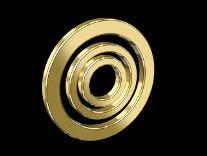
Nna, Abosom, Akradin and Mmrane
(Days, Deities, Soul-names and Praise-names (Attributes, Appellations)
| Da (day) | Abosom | Akradin (female) | Mmrane (female) | Akradin (male) | Mmrane (male) |
Akwesida or Awusida (sunday) |
Awusi (Asi) and Esi* | Akosua, Akousia, Akwasiba, Akwasiwa, Esi, Kisi | Boduaa (animal's tail, whisk, sovereign, born-leader)Adampo (agility) | Kwesi, Kwasi, Akwesi, Si (Sii), Siisi | Obueakwan (opener of the path), Bodua (animal's tail, whisk, sovereign, born-leader) |
Dwooda (monday) |
Adwoa and Adwo* | Adwoa, Adwo, Ejo, Adwoba | Okotowaa (supplicant, conciliatory), Adae (dreamer, introverted, intuitive) | Kwadwo, Kwodwo, Kojo, Dwodwo (Jojo) | Okoto, Asere (supplicant, conciliatory), Adae (dreamer, intuitive, introverted) |
Benada or Abenaada (tuesday) |
Bena and Abenaa | Abenaa, Abenawa, Abenaba, Abraba | Gyamaa (passionate/compassionate, fire within), Atobiaa, Kosia | Kwabena, Kobena | Ogyam (passionate/compassionate, fire within), Ogufo (metal founder/caster), Ebo (metal) |
Awukuda or Akuada (wednesday) |
Awuku and Akua | Akua, Ekua, Akwia, Aquia, Kuukua, Akuba | Ekusee, Obisi (obscure, nebulous, dusky, shadowy, ritual secrets, initiation), Bosuo (dew), Dompo (wild dog, feeds on carcasses - funerary nature) | Kweku, Kwaku, Aku | Ntoni (advocate), Obonsam (trickster and sorceror), Aku Sika (governs media of exchange, tranactions, money - gold/sika - 'he buys and decides for you'), Esen (messenger) |
Yawda, Yaada or Aabada (thursday) |
Yaw, Yaa and Aaba | Yaa, Ayawa, Yawa, Yaayaa; Aaba, Aba, Ayaba, Baabaa | Perekowaa (desirous of war) | Yaw, Yawu, Yao, Kwaw, Kwao, Kow | Barima (male, manly, courageous), Pereko (desirous of war) |
Fida (friday) |
Afi and Fi* | Afua, Efua, Afia, Afi, Afiba | Nkoso (progressive, prosperous; beautifully adorned) Kyimma (wanderer, adventurous, creative, innovative) | Kofi, Kwafi, Fi (Fii), Fiifi | Okyini (wanderer, adventurous) |
Menmeneda (saturday) |
Amen Men and Amenmenewaa* | Amenmenewaa, Amma, Ama, Amewa, Amba | Atoapemaa (unsurpassable), Atoapomaa (perpetually creating) | Kwame, Kwamena, Kwami | Atoapem (unsurpassable), Atoapoma (perpetually creating), Oteanankaduro (understands the serpent's medicine) |
* In Akan culture, Ausar and Auset are called Awusi and Esi when operating through the Owia (Sun) and Adwo and Adwoa when operating through the Bosom/Osrane (Moon). In our solar system, the Owia (pronounced oh-ree'ah) is the major creative organ of Ra (rah' in Kamit; oh-ree'-ah in Akan) and Rait the Creator and Creatress. One of the titles of Ausar in connection with Ra in thus Ausar Ra in Kamit (Awusi/Awisi in Akan; Oosaala in Yoruba). One of the titles of Auset in connection with Rait is thus Auset Rait (Esi in Akan). In Yoruba culture the same dynamic lends itself to the names Baba Nla and Iya Nla, descriptive titles of Obatala (Oosaala) and Oodua. The adjective 'Nla' means 'big' in Yoruba. The Yoruba language, like Akan, is derived of Khanit and Kamit. In ancient Kamit, there is no letter 'L'. The letter 'L' is derived from the rolling 'R'. In Yoruba, the adjective 'Nla' would be translated as 'NRa' in the metutu. This is Ra/Rait the 'big' or 'great' One. Our Greatest Ancestor and Ancestress - The Creator/Creatress of All.
A similar dynamic also exists with Het Heru and Amen Men. Het Heru and Men (Min) are called Amenmenewaa and Amen Men when operating through the okyin (planet) Amene and are called Afi and Fi (also Fii) (Fait and Fai in Kamit) when operating through the okyin Afi. In our solar system, the okyin Amene is the major regenerative organ of Amen and Amenet, the Great Father and Great Mother - The Supreme Being. Het-Heru in connection with Amenet thus has the title Menmenit in Kamit (Amenmenewaa in Akan). Men (Min) in connection with Amen thus has the title Amen Men (also Men Amen Ra Ka mut f) in Kamit (Amen Men in Akan). Amen and Amenet, Ra and Rait thus influence the nature of the Akradinbosom associated with Memeneda and Akwesida (saturday and sunday) - the two meeting points of the enclosed circle which governs the nnawotwe - the 7-day cycle.

| Da (day) | Akradinbosom | Orisha | Vodou | Ntoro/Ntorot |
| Akwesida or Awusida | Awusi (also Adwo) | Obatala | Dangbe | Ausar |
| Dwooda | Adwoa (also Esi) | Oodua | Minona | Auset |
| Benada or Abenaada | Bena and Abenaa | Ogun and Iyaami Abeni (Edan) | Ogu and Ananu | Heru Behudet and Sekhmet |
| Awukuda or Akuada | Awuku and Akua | Eshu and Agberu | Legba and Konikoni | Set and Nebt Het |
| Yawda or Yaada | Yaw, Yaa and Aaba | Shango, Oya and Oba | Heviosso, Avedji Da and Ayaba | Heru, Uatchet and Nekhebet |
| Fida | Afi (also Menmenit) | Oshun | Azili | Het Heru |
| Menmeneda | Amen Men (also Fi) | Orisha Oko | Azaka | Amen Men |
The table above shows the exact correspondences of Akradinbosom, Orisha, Vodou and Ntoru/Ntorotu. These are not "similar energies across cultures". They are the exact same Deities/Goddesses and Gods, worshiped under different names/titles in these various cultures. The Akradinbosom are worshipped by all Afurakanu/Afuraitkaitnut (Africans) in Afuraka/Afuraitkait (Africa) and around the world in our various languages and according to our varied and unique cultural expressions. In Akan culture in Ghana and Ivory Coast, the term for Deities is Abosom. In Yoruba culture of Southwest Nigeria, the term for Deities is Orisha. In Fon and Ewe culture of Togo, Benin and Ghana, the term for Deities is Vodou. In Khanit/Keneset and Kamit the major term for Deities is Ntoro (male) and Ntorot (female) - plural Ntorou/Ntorotu.
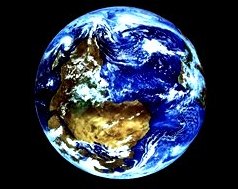
The Akradinbosom also have Abosonkommere (Abosom shrines) within Asaase Afua (Earth Mother) including: Earth's Core, Black Earth, Rivers, Ionosphere, Rain Waters, Red Earth, Wind, Thunder and Lightening, Magnetosphere and the Sky and the Polar Regions/Axis. They also have Abosonkommere within certain constellations. In addition, the Akradinbosom are associated with certain organs and organs' systems within the Afurakani/Afuraitkaitnit (African~Black) body as well as the spiritual organs and spiritual organs' systems within the spiritual anatomy/body of Afurakanu/Afuraitkaitnut (Africans~Black People).
Click on the image for the pdf version of the chart:
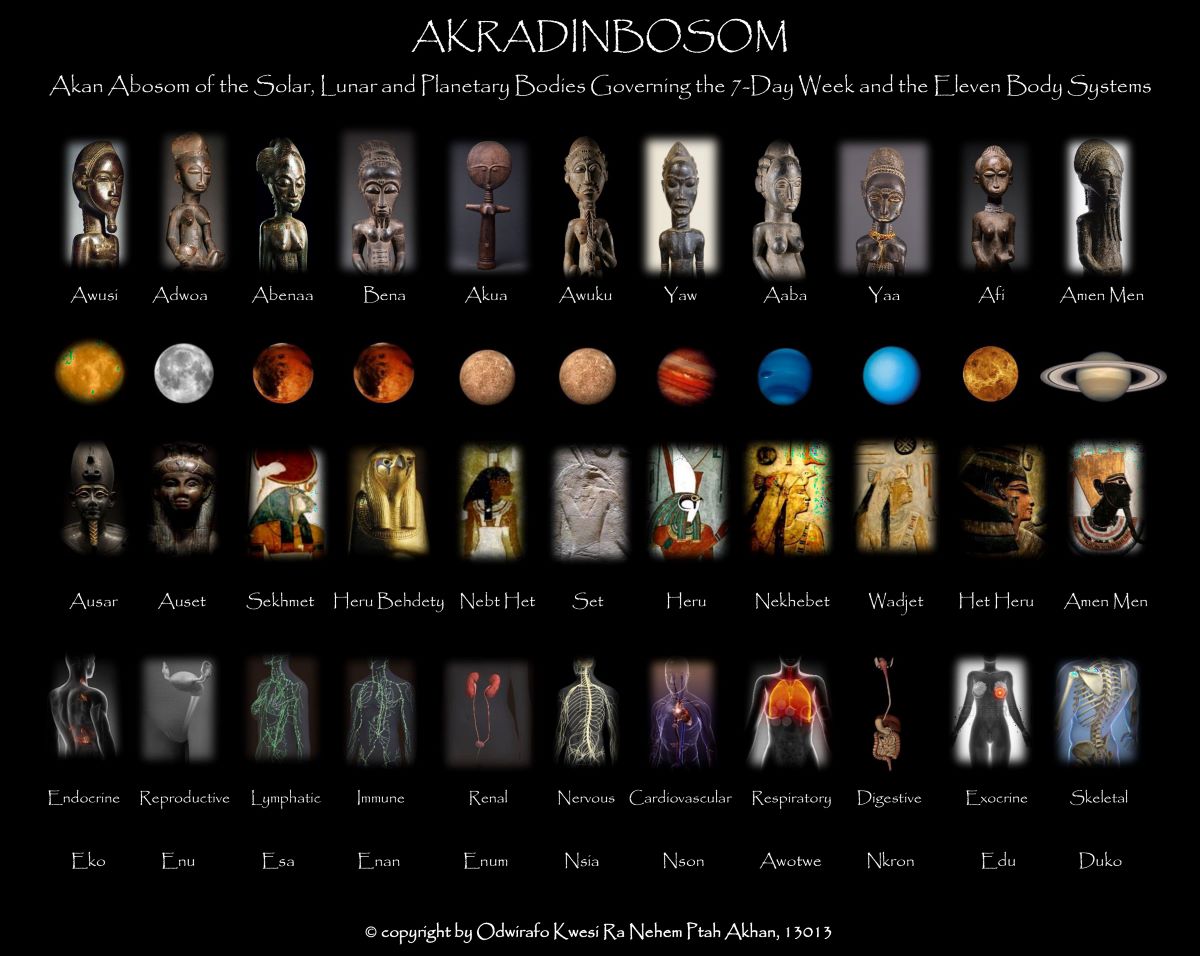
Listen to our blogtalkradio broadcast examining the Akradinbosom and the Eleven body-systems:
The Akradinbosom as a grouping of Abosom dubaako (Eleven Deities) is a sacred number-grouping found in ancient Akan culture (ancient Khanit and Kamit) as well as contemporary Akan culture. The Mer (pyramid) texts address the Pastchat Aat and the Pastchat Ntchaset - the Great Ennead and Small/Lesser Ennead (Grouping of Deities). The Pastchat Ntchaset (Small Ennead) is comprised of Eleven Ntorou/Ntorotu ("Neteru/Netertu" - Abosom). See the Mer text of Per Aa Unas (Pharaoh Unas), Utterance 219: lines 178 and 181-192 for an address to these Abosom. Also see the Akan story: How the Abosom Came into the World. This is an Akan story rooted in ancient Khanit and Kamit referencing the Eleven Children Who became Abosom.
The Pastchat Ntorou (Pesdjet Neteru/Paut Neteru) is absolutely unrelated to the pseudo-science/pseudo-spiritualism of kabbalism and its "tree of life" - a recently manufactured white pseudo-cosmogramic perversion with no authentic foundation in ancient Kamit or any ancient Afurakani/Afuraitkaitnit Ancestral Religion or Culture.
There are numerous sacred number-groupings of Abosom including the nine Abosom of the Pastchat Aat (Great Ennead), the eight Abosom of Khemenu, the seven Het Heru Abosom, the four Abosom Who are the Sons of Heru, the forty-two Abosom Who are Assessors of Maa/Maat and many more. Each grouping of Abosom has its own significance and function, just as each organs' system in the body has its own significance and function (endocrine system, digestive system, respiratory system, etc.). The different Abosom groupings function harmoniously in the Divine Body, just as the organs' systems function harmoniously in the Afurakani/Afuraitkaitnit human body.
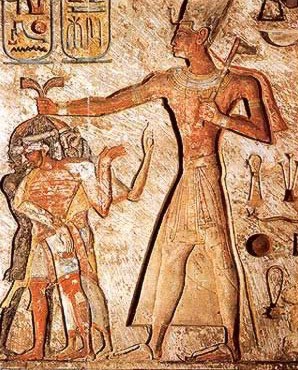
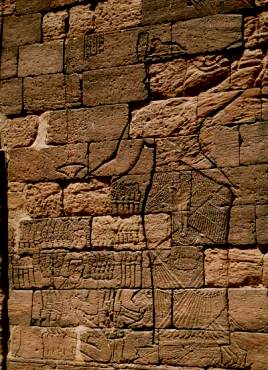
Per Aa (Pharaoh) Ramessu (Kamit) and Kantake (Queen) Amanitore (Khanit) Killing the Enemy
As is true with all Abosom the Akradinbosom do not work with any non-Afurakanu/non-Afuraitkaitnut (non-Africans/non-Blacks). The whites and their offspring have no place in the practice of any form of Afurakani/Afuraitkaitnit (African) Ancestral Religion including but not limited to that of the Akan, Yoruba, Bakongo, Igbo, Bambara, Kenesu-Kamau ("Kemetic"), Dogon, Fon or Ewe (Vodoun), etc. All of the whites and their offspring (white europeans, white americans, white arabs, white indians, white hispanics, white latinos/latinas, white so-called "native" americans, white asians, etc.) incarnate as spirits of disorder. The Abosom, Orisha, Vodou, Arusi, etc., have never worked with them and never will, just as the body does not work with cancerous cells. There is absolutely no exception to this reality. All who make claims to the contrary are charlatans--which includes many so-called "priests" and "priestesses".
The Abosom (Orisha, Vodou, Arusi, etc.) also do not entertain sexual deviance - dissexuality (homosexuality) at all. Sexual deviance is a manifestation of extreme disorder and is the perverse legacy of the whites and their offspring only and has no place in Afurakani/Afuraitkaitnit Ancestral Culture and Religion.
The Abosom (Orisha, Vodou, Arusi, etc.) also do not entertain the false religions and fictional characters of the whites and their offspring. This includes jesus, moses, muhammad, allah, yahweh, abraham, isaac, ishmael, jacob, solomon, sheba, menelik, brahmin, buddha, etc. None of these characters existed of any race whatsoever. These fictional characters and the false religions associated with them are rejected by the Abosom.
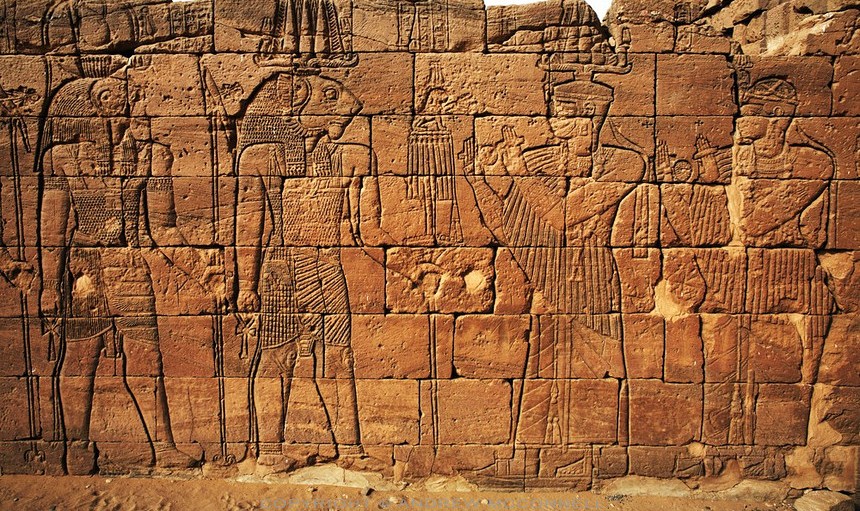
Per Aa Natakamani and Kantake (Queen) Amanitore saluting the Abosom Apedemak (Lion-headed), Ra (Hawk-headed) and other Abosom.
Ancient Khanit (Nubia) - Temple of Apedemak
The articles below detail the nature and function of the Akradinbosom and include how the Akradinbosom manifest as Ntoru/Ntorotu (Neteru/Netertu), Orisha and Vodou in the Khanitu/Kenesu-Kamau (Nubian-Egyptian--ancient Akan), Yoruba, Ewe and Fon cultures. These Abosom have been and continue to be worshipped by Afurakanu/Afuraitkaitnut (Africans~Black People) in Afuraka/Afuraitkait (Africa) from ancient times to the present.
The Awusi and Adwoa articles were initially written for our AFURAKA/AFURAITKAIT Nanasom Nhoma - Afurakani/Afuraitkaitnit Ancestral Religion Journal. They were expanded and are now incorporated in our second volume of our book series AKRADINBOSOM.
The Bena, Abenaa, Akua, Awuku, Yaa, Aaba, Yaw, Afi and Amen Men articles below are modifications of articles first posted on our social media network. They have been expanded and are incorporated in our soon to be released third through sixth volumes of our book series AKRADINBOSOM. Our book ODOMANKOMA - ATMU KHOPA contains information about Asaase Afua and Asaase Yaa.
The Akradinbosom also govern the seven mbe (proverbs) which are the foundation for the body of knowledge comprising UAB-ODWIRA Pa Nsaman Atemmu and for our OBRADWIRA NANANOMSOM - Aakhuamuman New Year Observance. The Akradinbosom are also the foundation for the major system of oracular divination utilized within Aakhuamuman - UAB-ODWIRA Adebisa.


New Book Releases - Click on images above
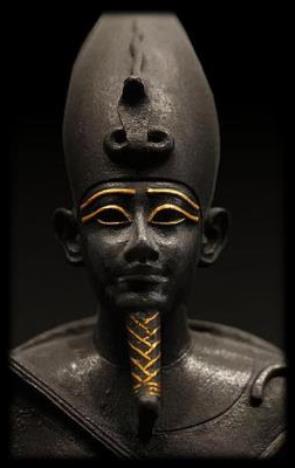
AWUSI
The Obosom of the Owia and Akwesida/Awusida
(sun and sunday)
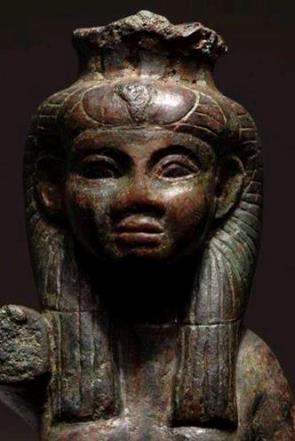
ADWOA
The Obosom of the Bosom and Dwooda
(moon and monday)
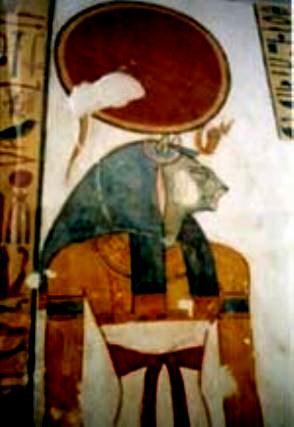
ABENAA
The Obosom of Abenaa and Abenaada
("mars" and tuesday)
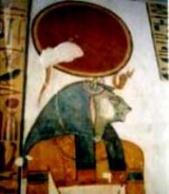
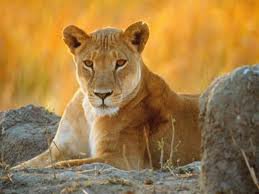
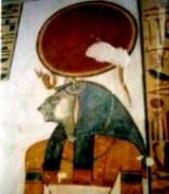
The Emergence of Sekhmet-Het Heru Arit Ra
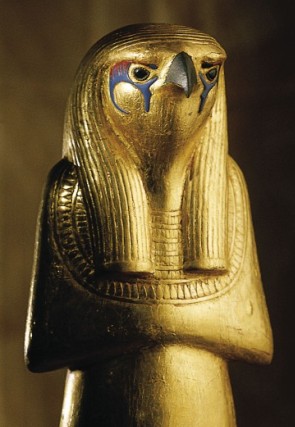

BENA
The Obosom of Bena and Benada
("mars" and tuesday)
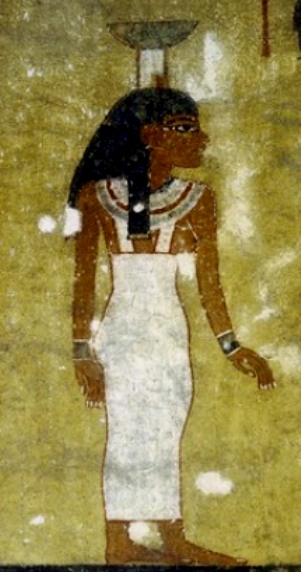
AKUA
The Obosom of Akua and Akuada
("mercury" and wednesday)
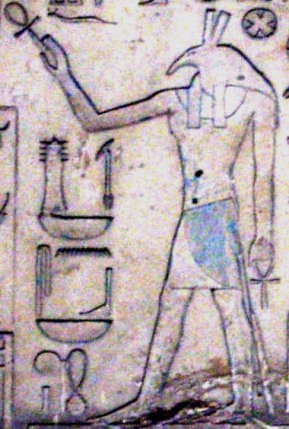
AWUKU
The Obosom of Awuku and Awukuda
("mercury" and wednesday)
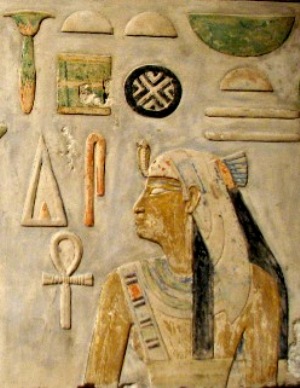
YAA
The Obosom of Yaa and Yaada
("uranus", "jupiter" and thursday)
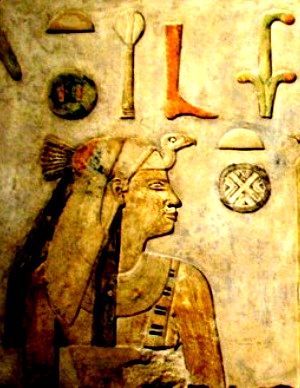
AABA
The Obosom of Aaba and Aabada/Yaada
("neptune", "jupiter" and thursday)
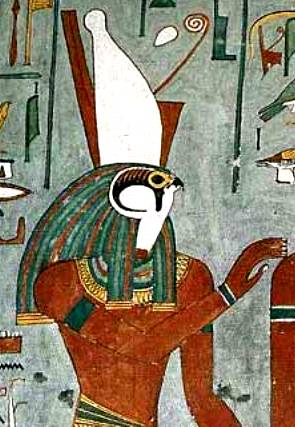
YAW
The Obosom of Yaw and Yawda
("jupiter" and thursday)
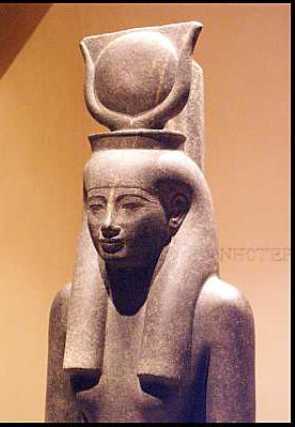
AFI
The Obosom of Afi and Fida
("venus" and friday)
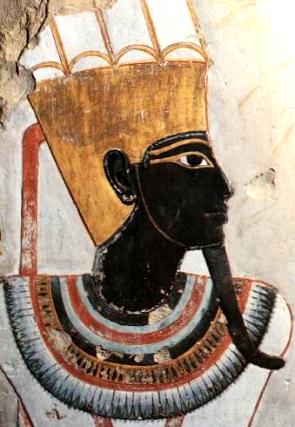
AMEN MEN
The Obosom of Amen Men and Menmeneda
("saturn" and saturday)

AKONGUASUA
Learn about our institution and our fundraising initiative
ODWIRAMAN
Purified Nation of Afurakanu/Afuraitkaitnut (Africans~Black People) in the West
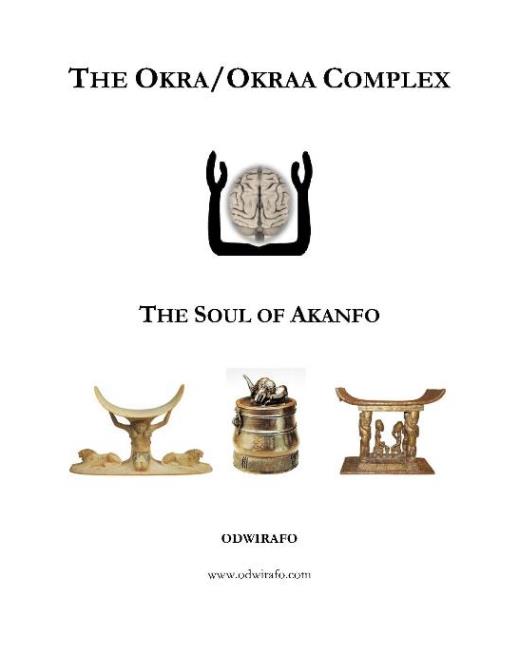
The Okra-Okraa Complex - The Soul of Akanfo
Newly Released Book
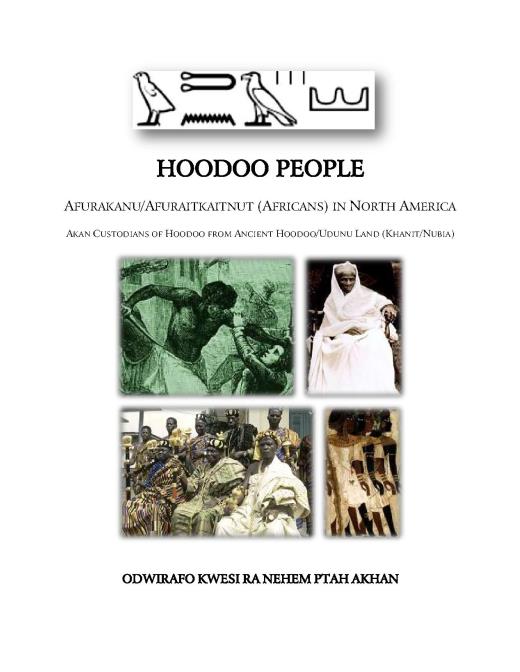
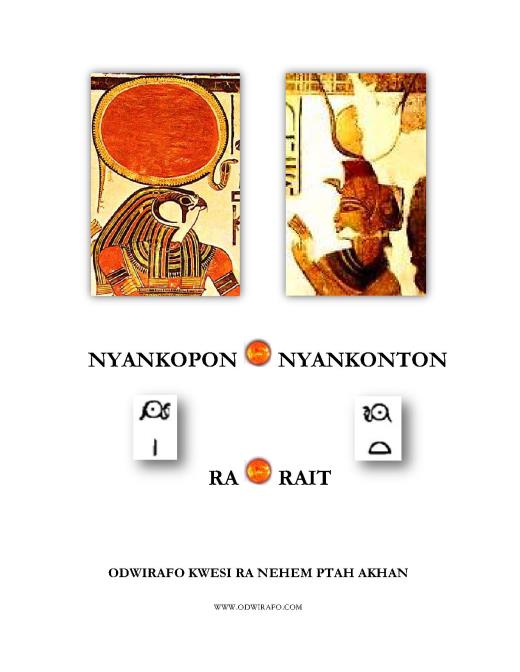
NYANKOPON and NYANKONTON - RA and RAIT
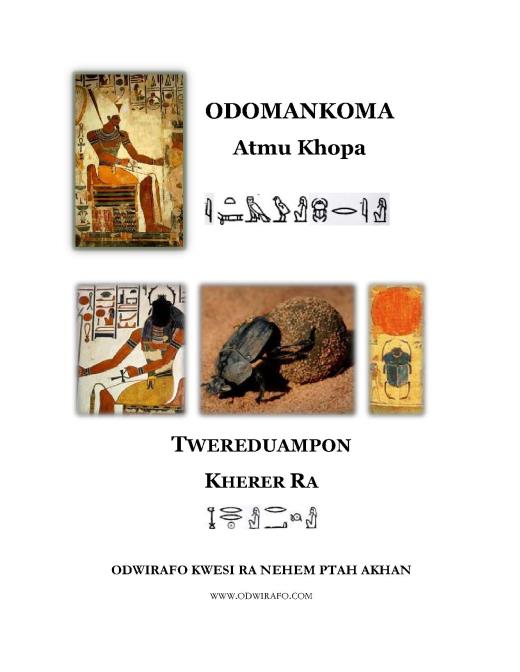
ODOMANKOMA - ATMU KHOPA - TWEREDUAMPON - KHERER RA
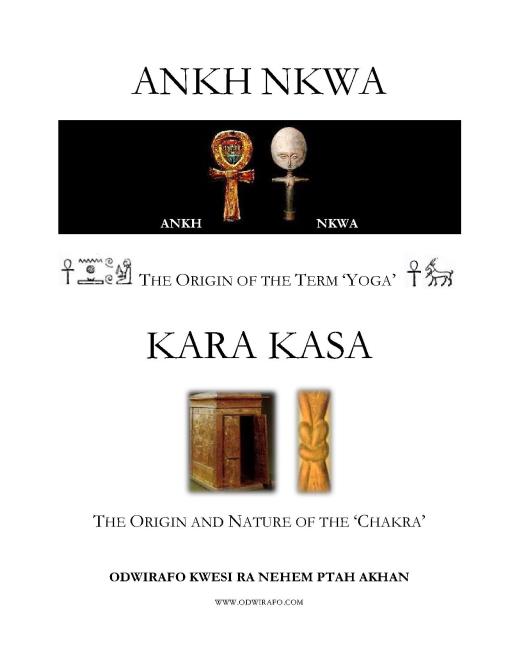
ANKH - The Origin of the Term 'Yoga' - KARA KASA - The Origin and Nature of the 'Chakra'
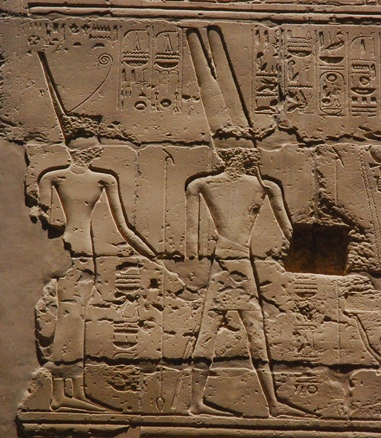
Note on the Origin of the Name Nyame in Ancient Khanit and Kamit
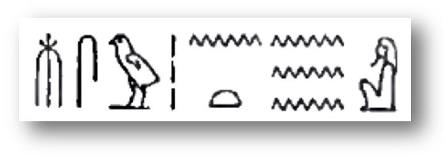
The Origin of the Term Abosom in Kamit
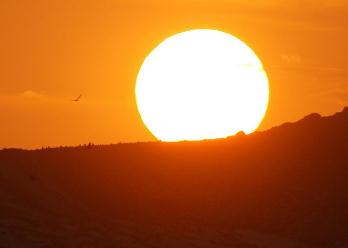
The Origin of the Term Nsamanfo in Kamit
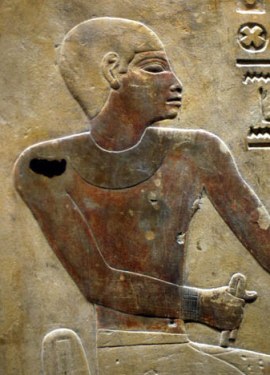
Odwirafo and Aakhuamuman

Origin of the Name Aakhuamu (Akwamu) in Kamit
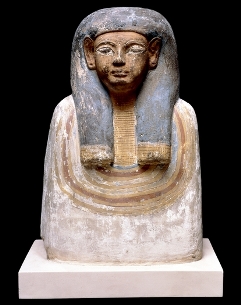
NSAMANKOMMERE - Ancestral Shrines in Kamit
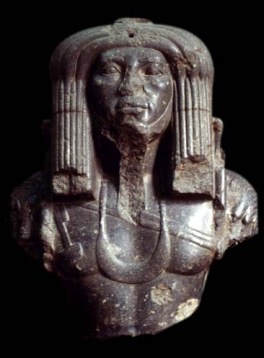
NKOMMERE
Ancestral Shrine Communication
Entire Article Excerpted from the First Issue of:
AFURAKA/AFURAITKAIT Nanasom Nhoma
Afurakani/Afuraitkaitnit Ancestral Religion Journal
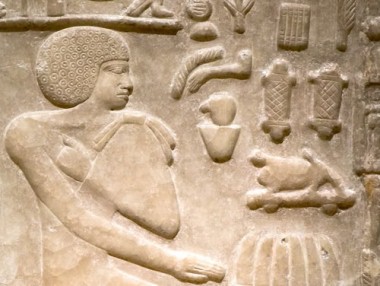
NSAMANKOM and the Seven Senses
Afurakani/Afuraitkaitnit (African) Ancestral Communication
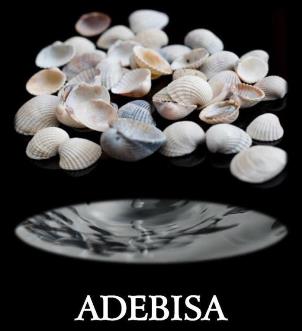
ADEBISA
Akan Divination in Amaruka (America)
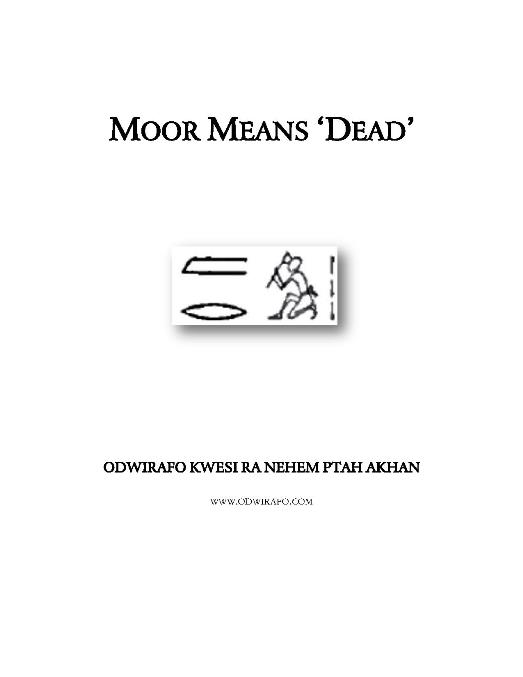
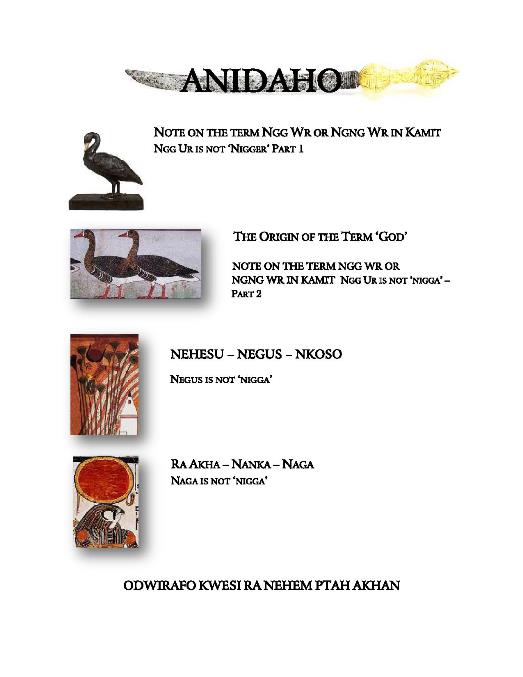
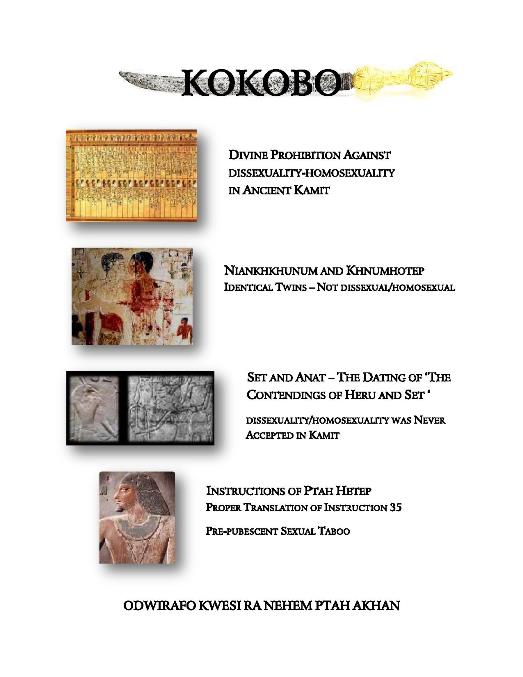
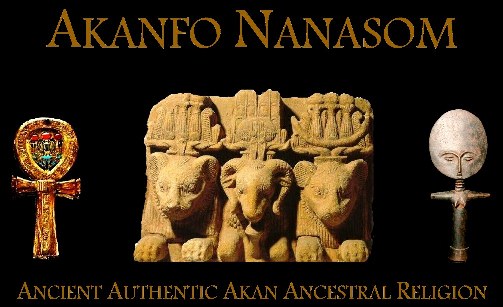
NHOMA
Our publications page where you can download free ebooks as well as purchase soft-cover versions
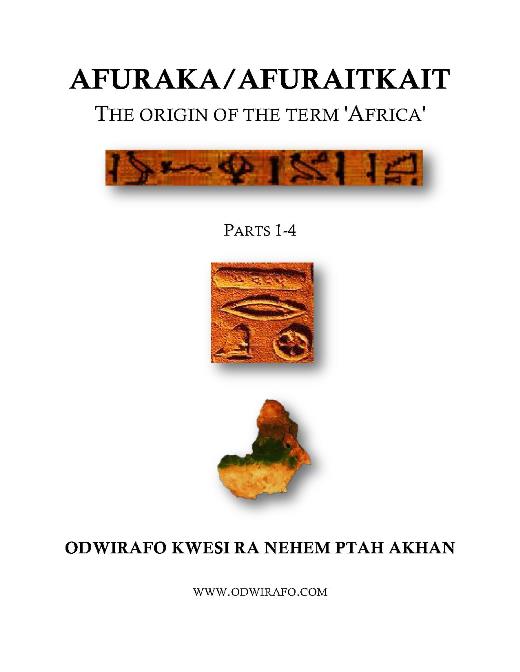
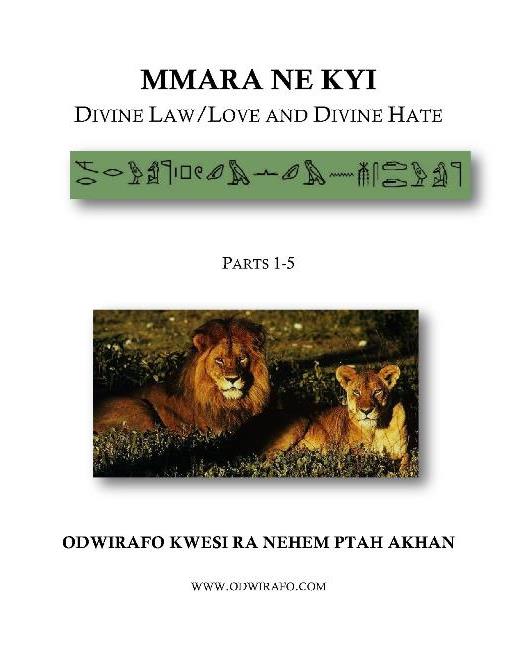
New Expanded Editions of Our Two Seminal Publications
MFONIKEKA - Odwirafo on youtube

ODWIRA
Odwirafo on Blogtalkradio - Broadcasting Every Dwooda, Benada ne Awukuda (monday, tuesday and wednesday) - 9pm EST
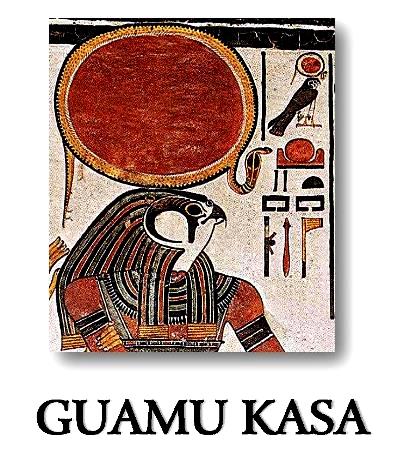
Our Upcoming Lectures, Workshops and Trainings in Various Cities

ODWIRAMAN - Purified Nation Network
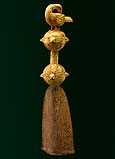
SAN
(return)
